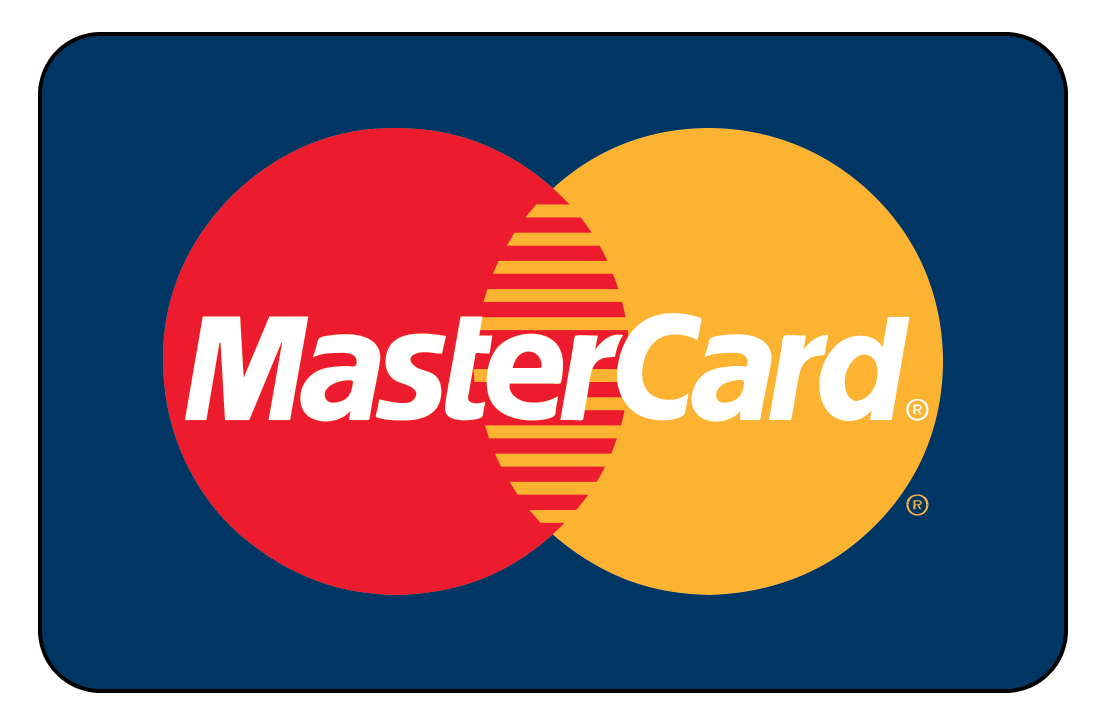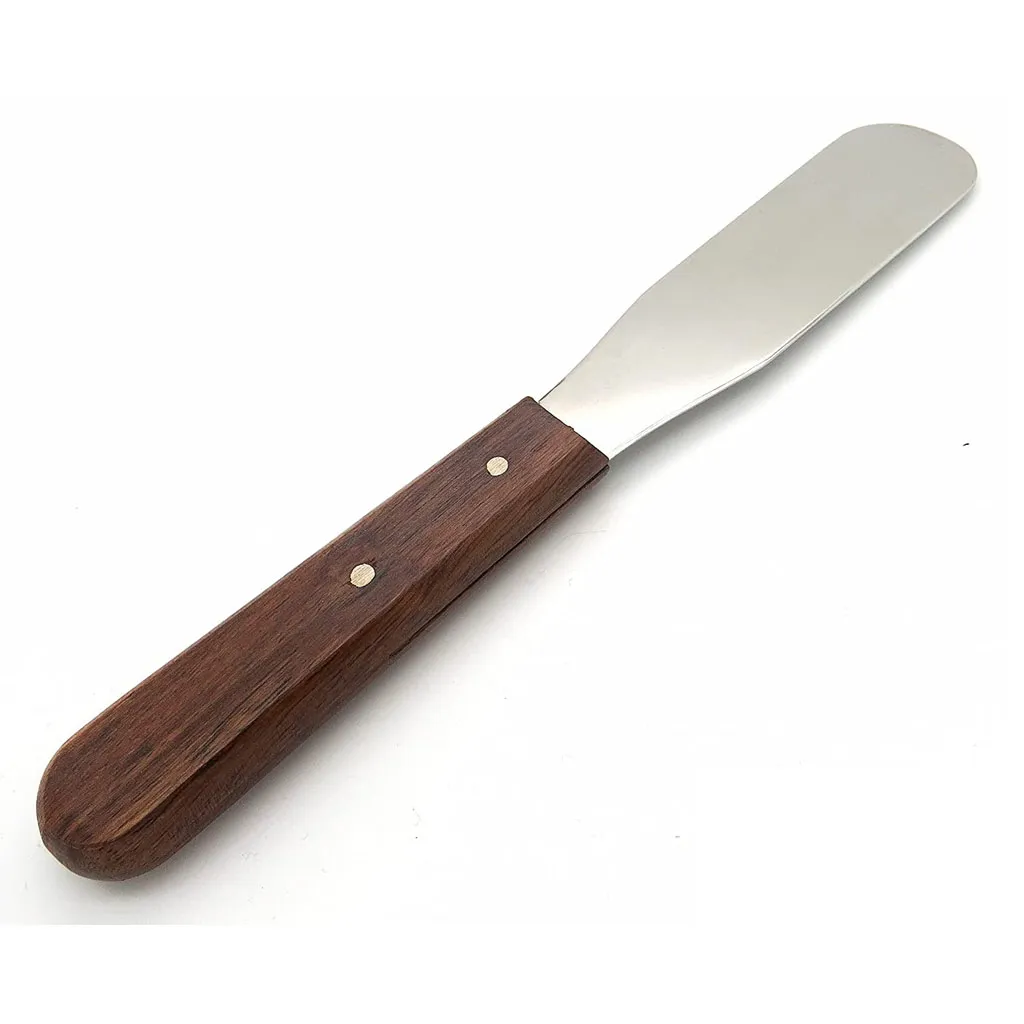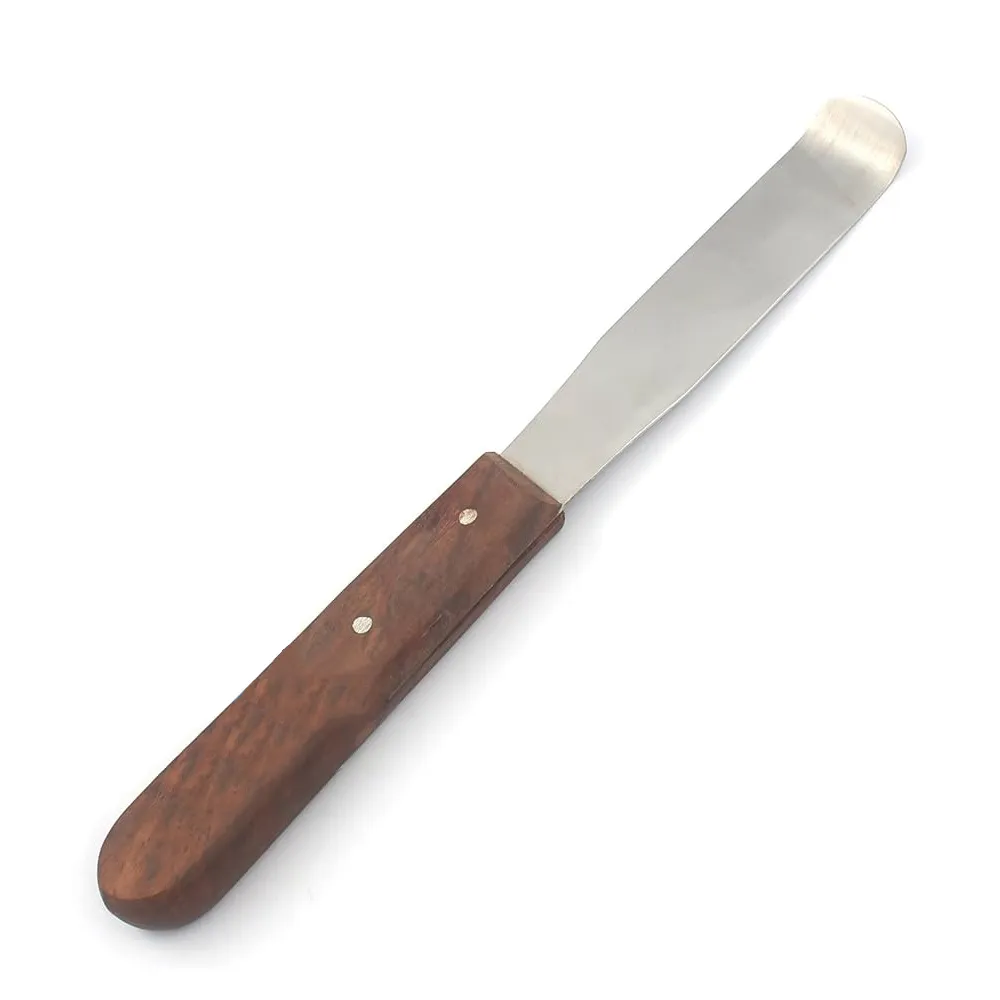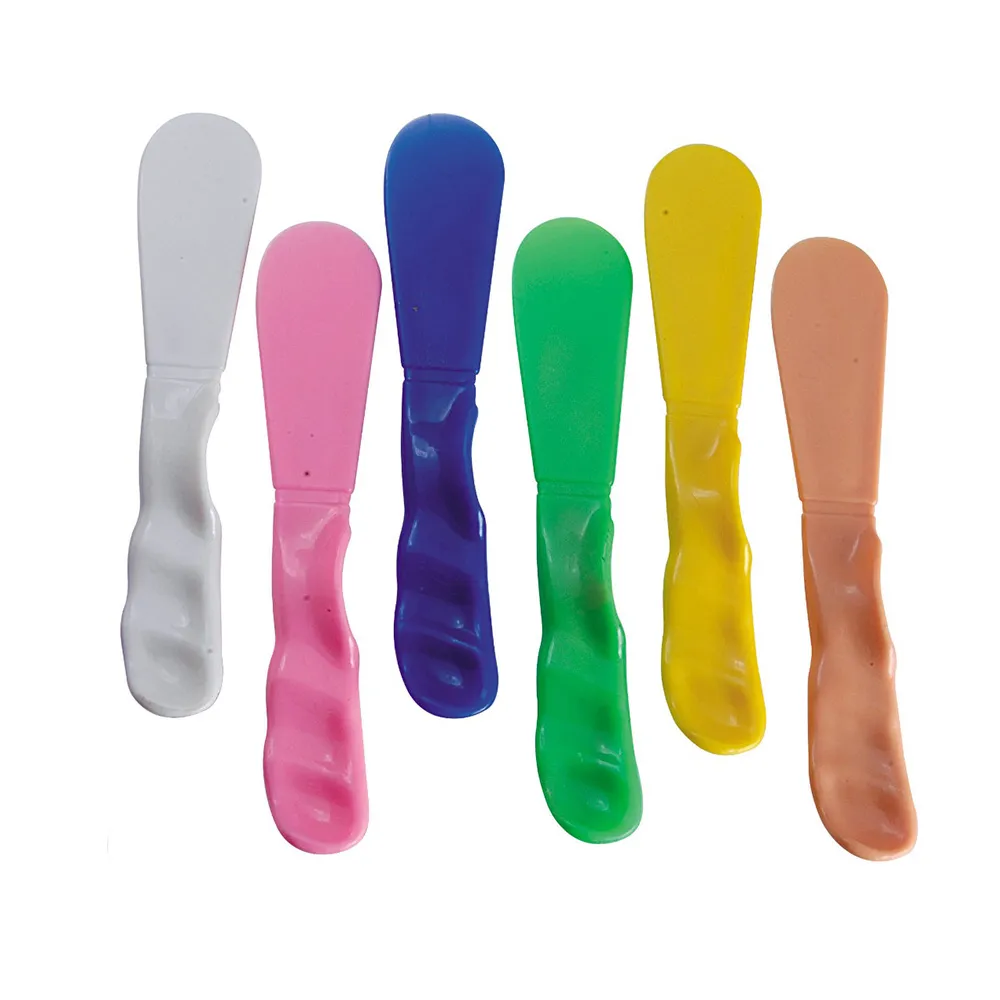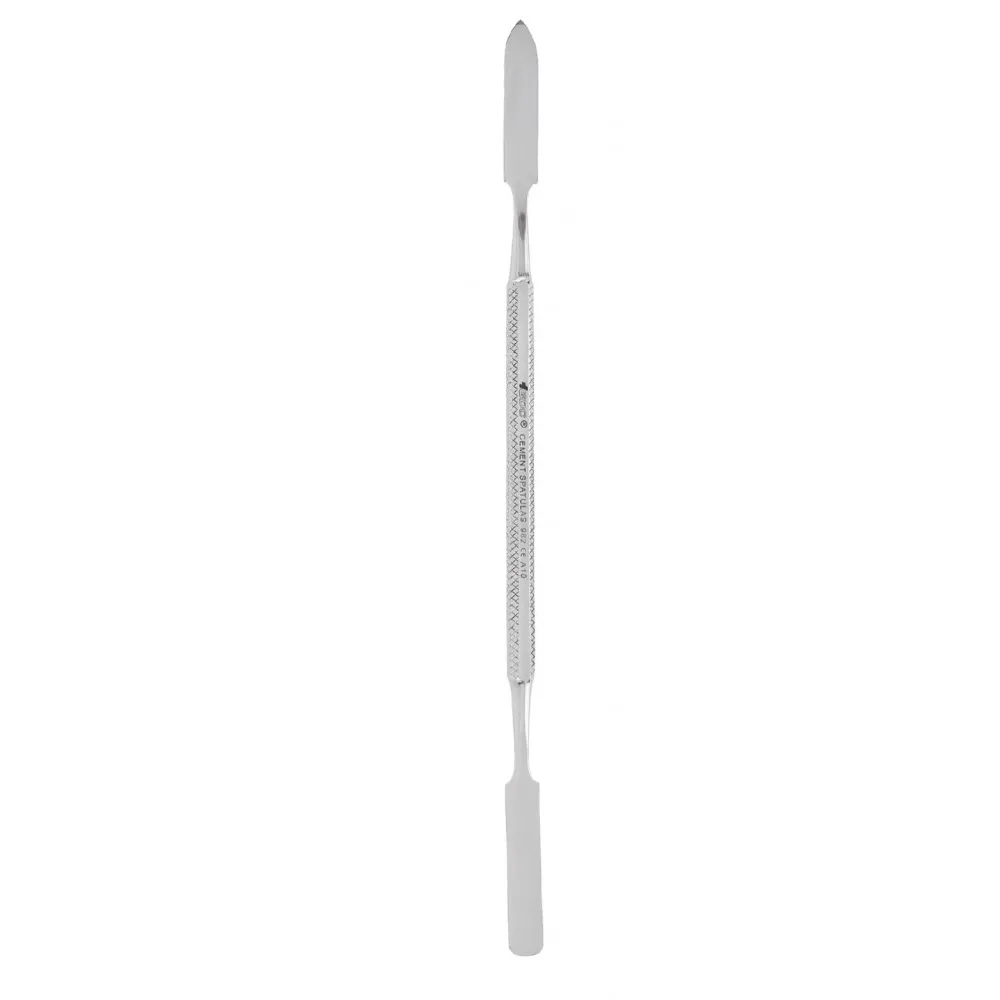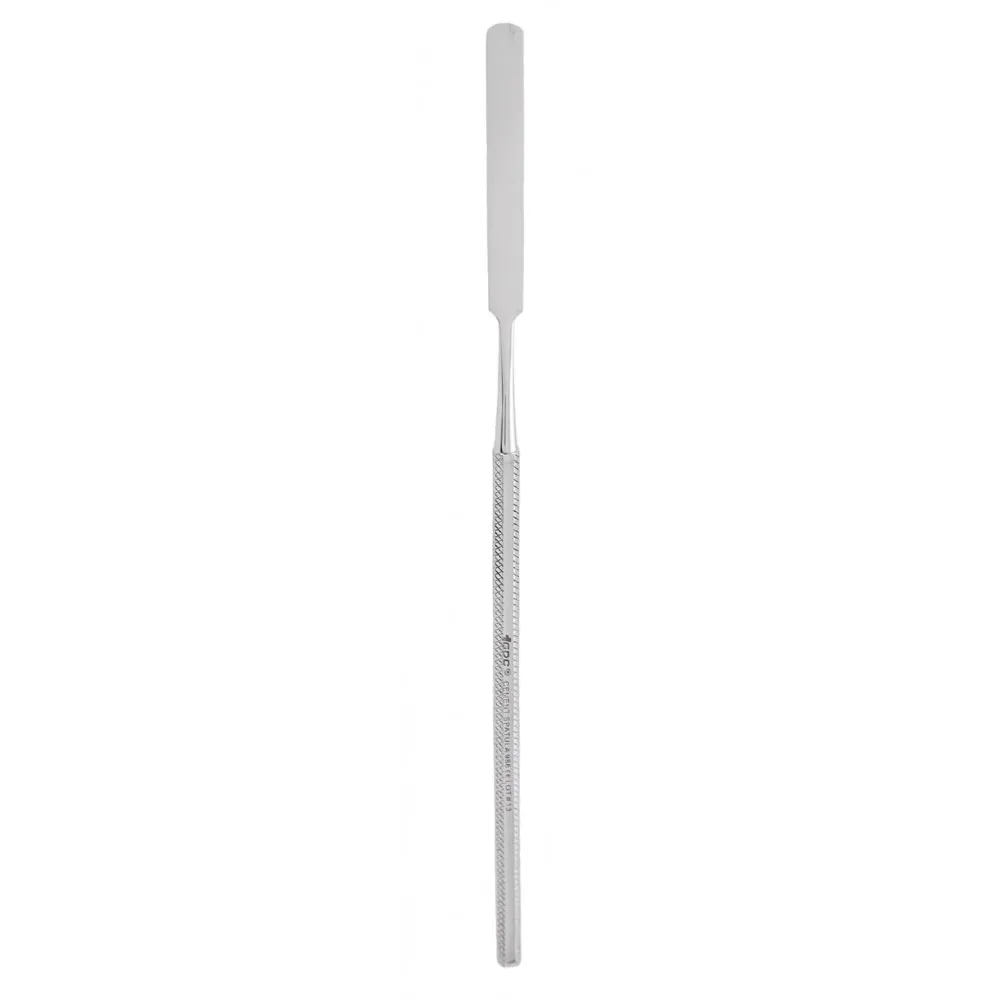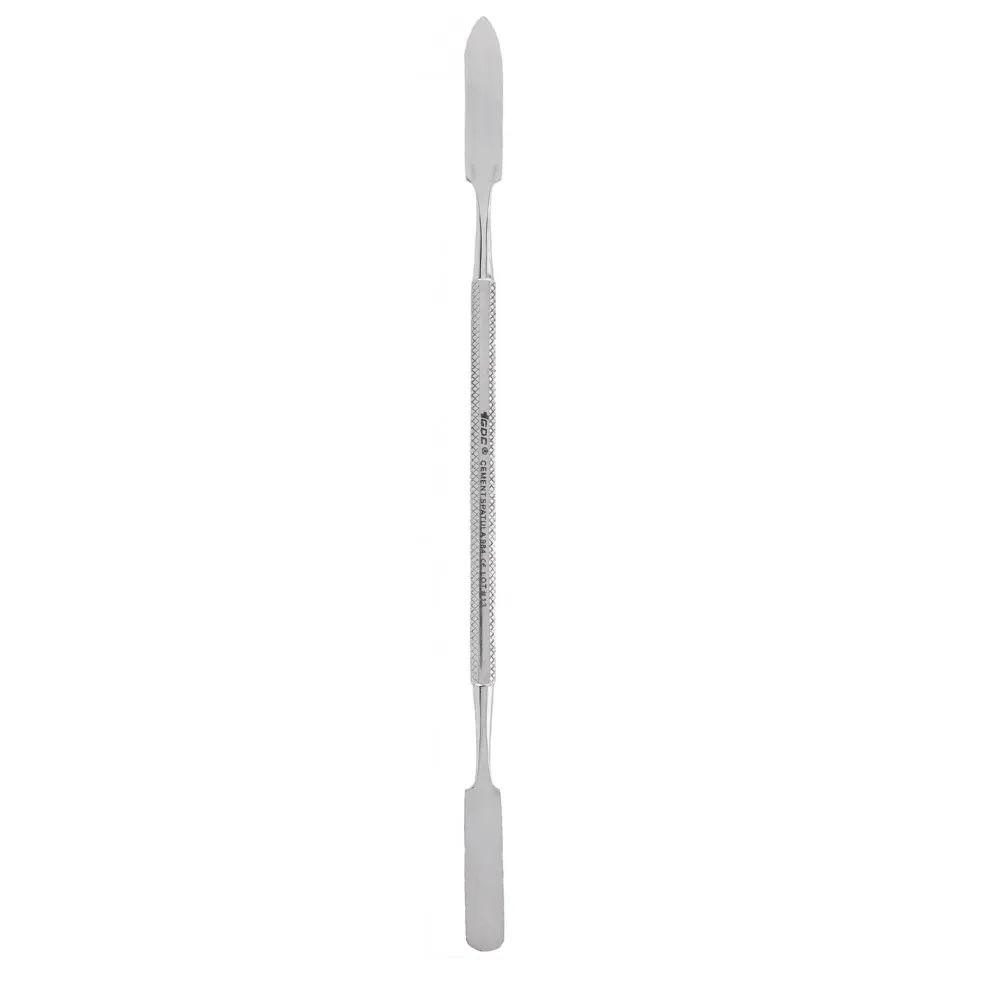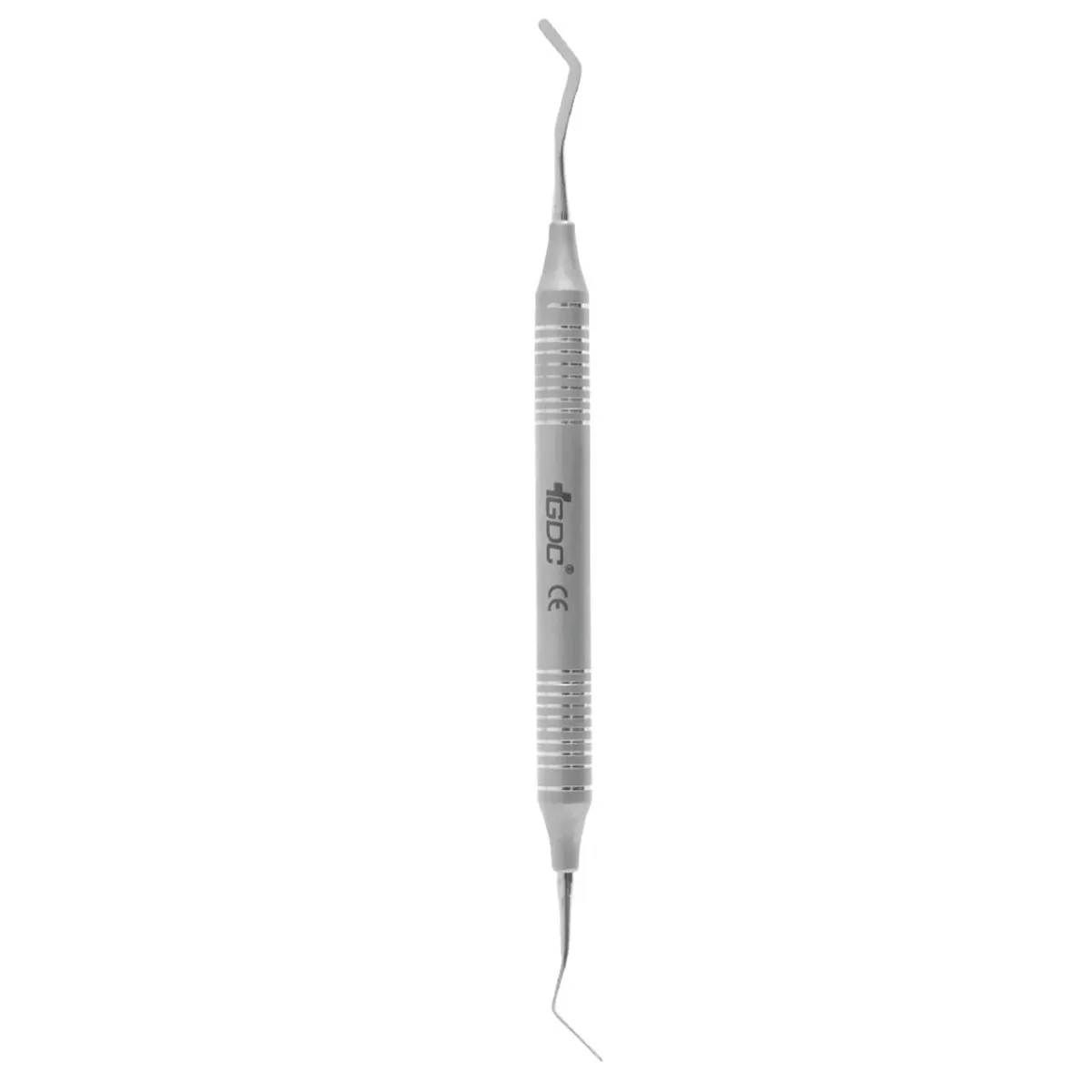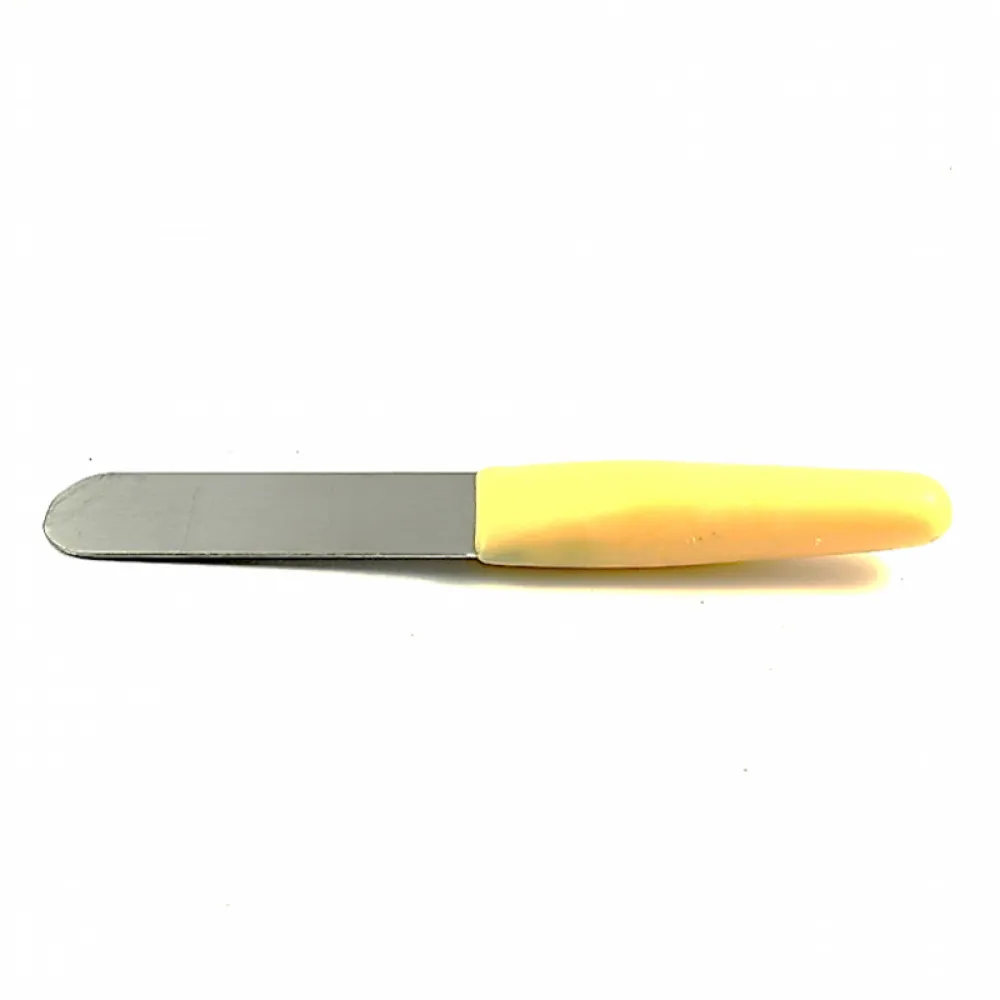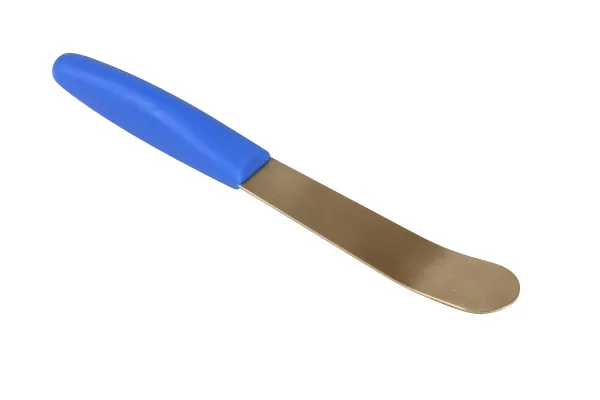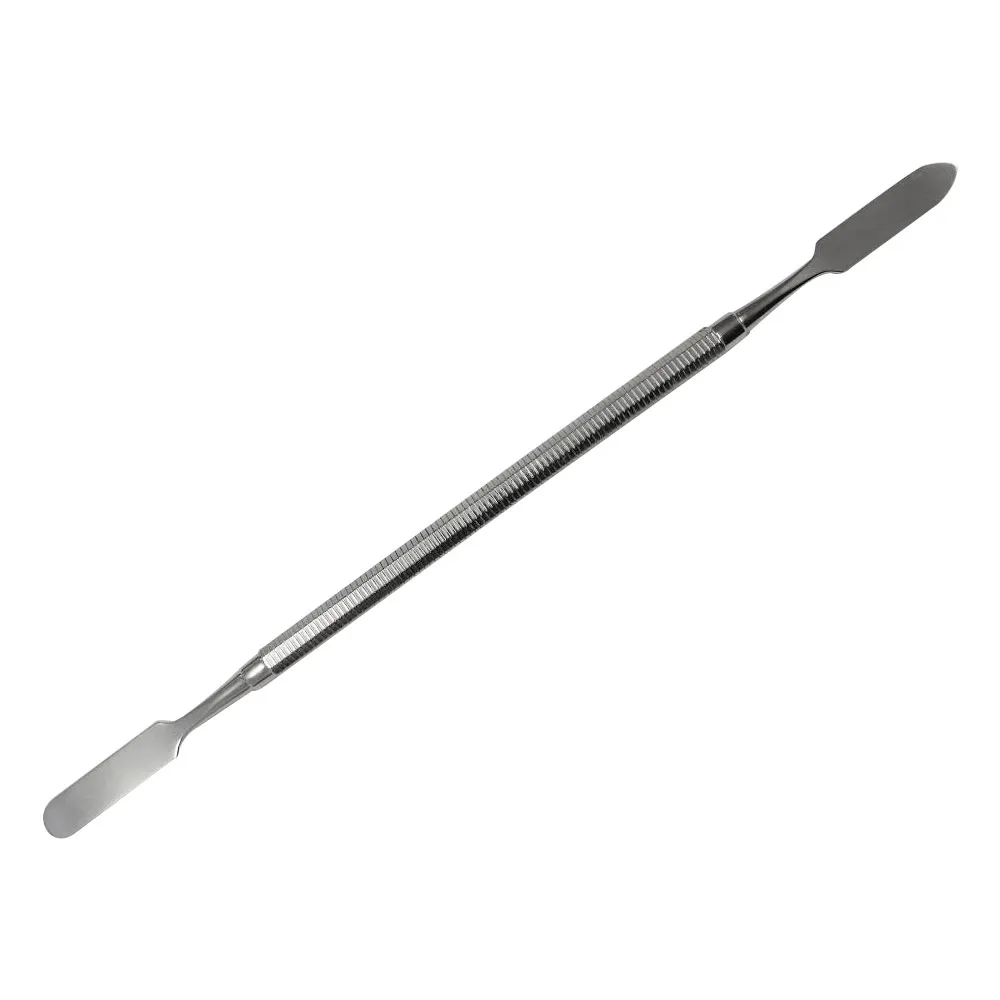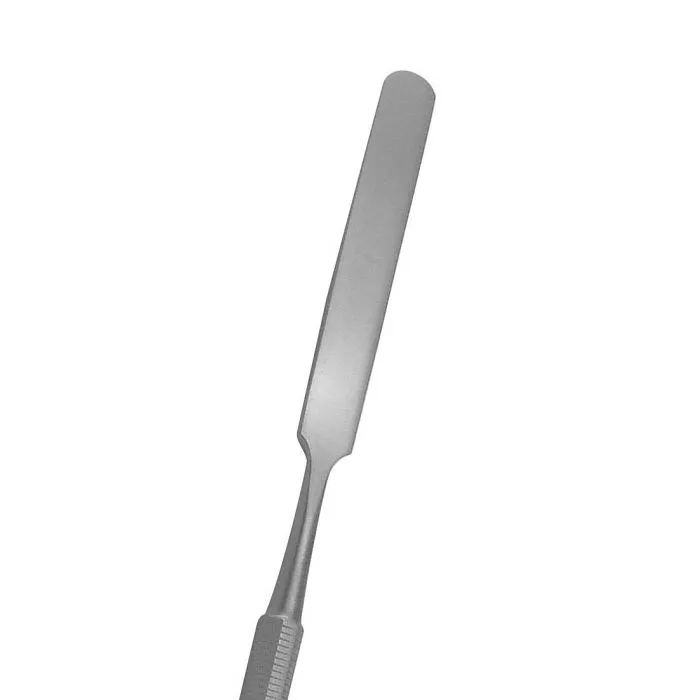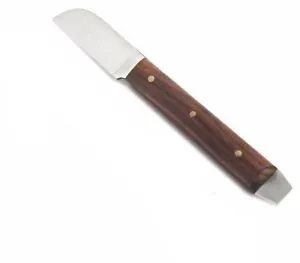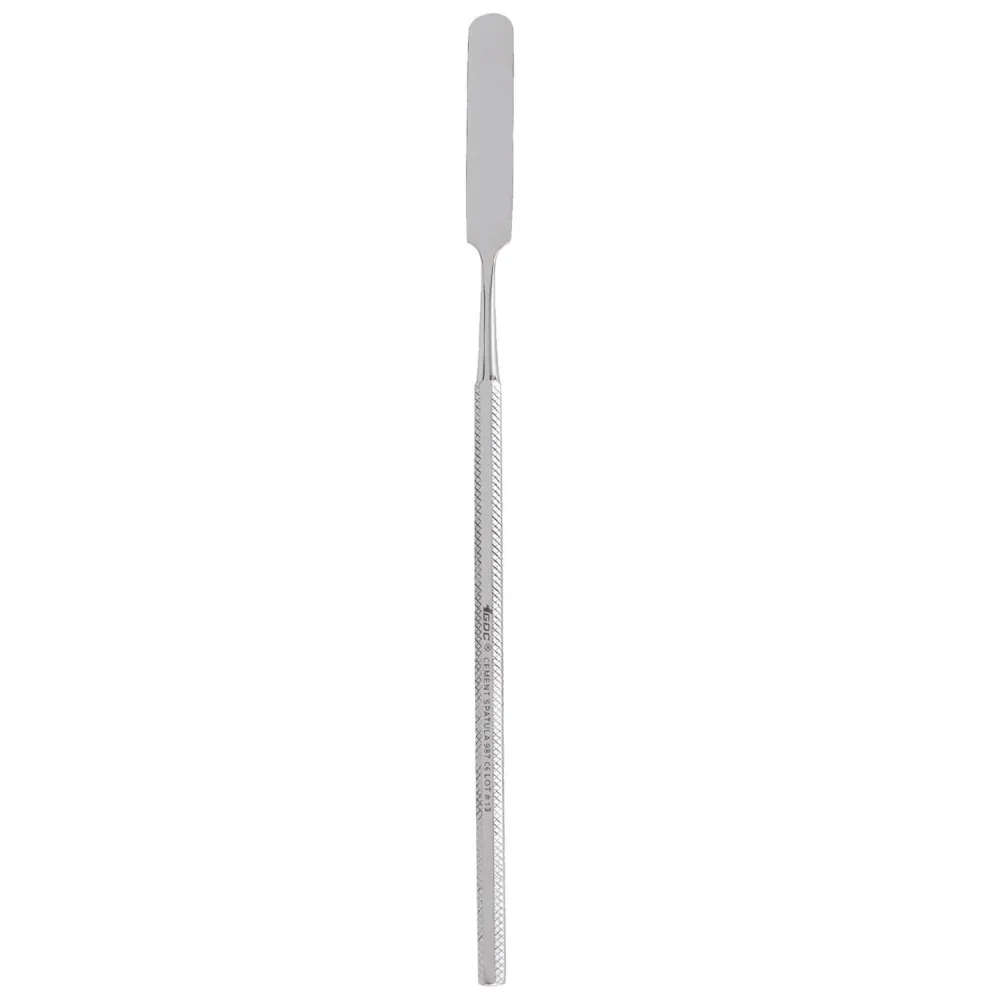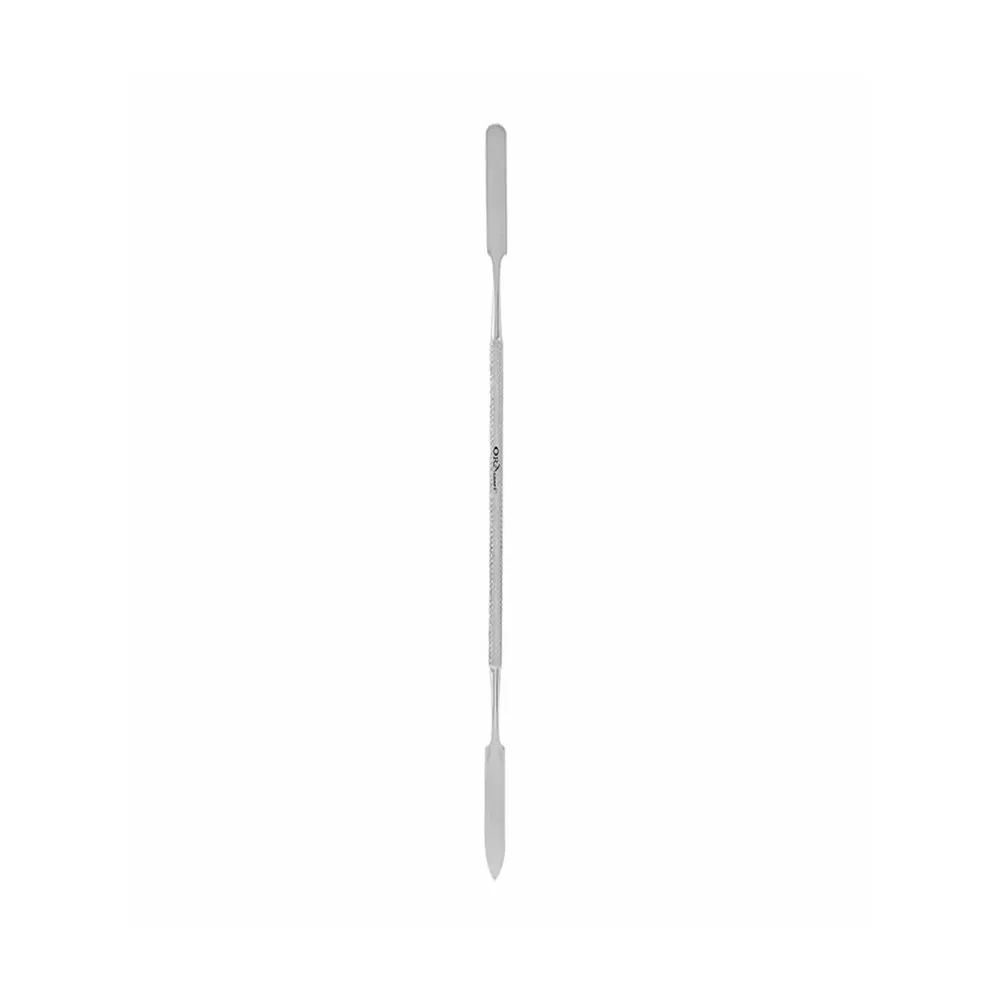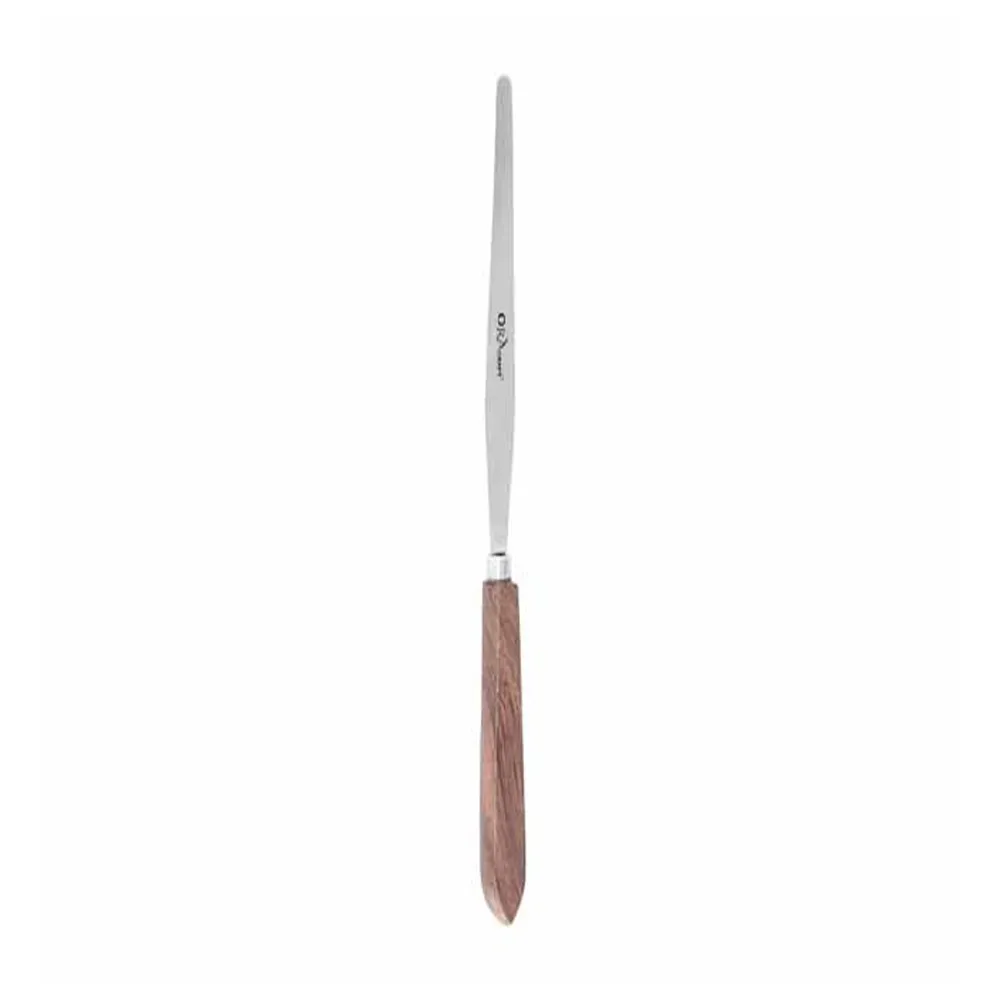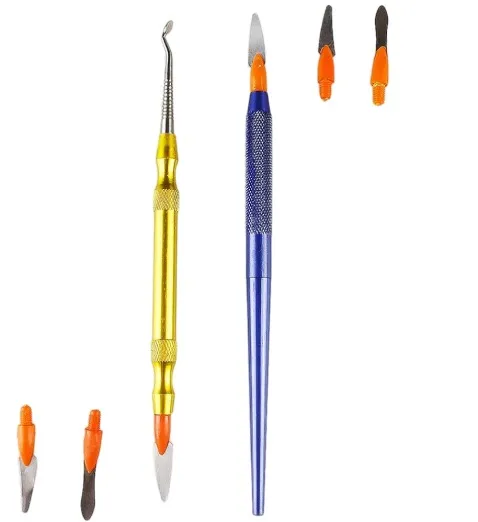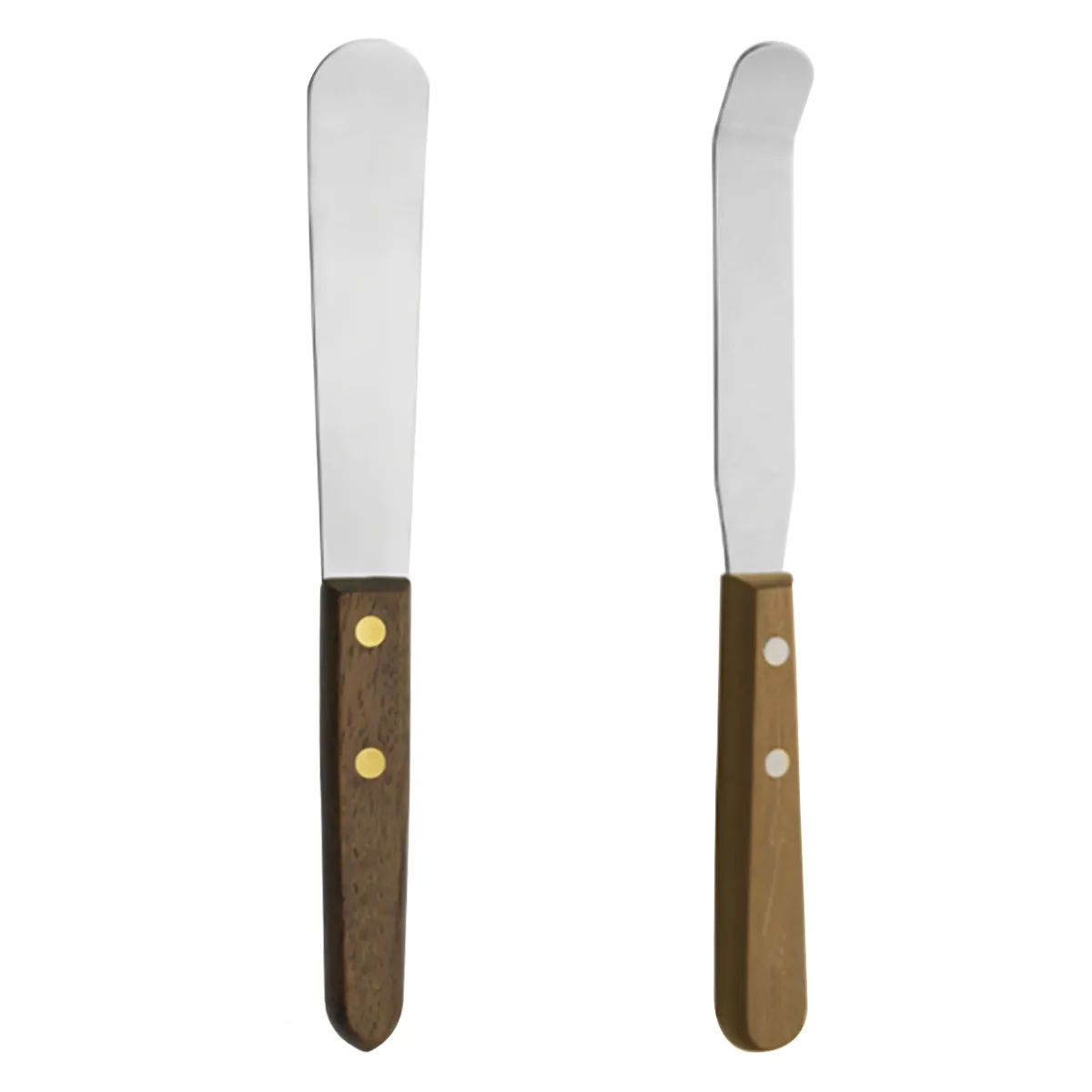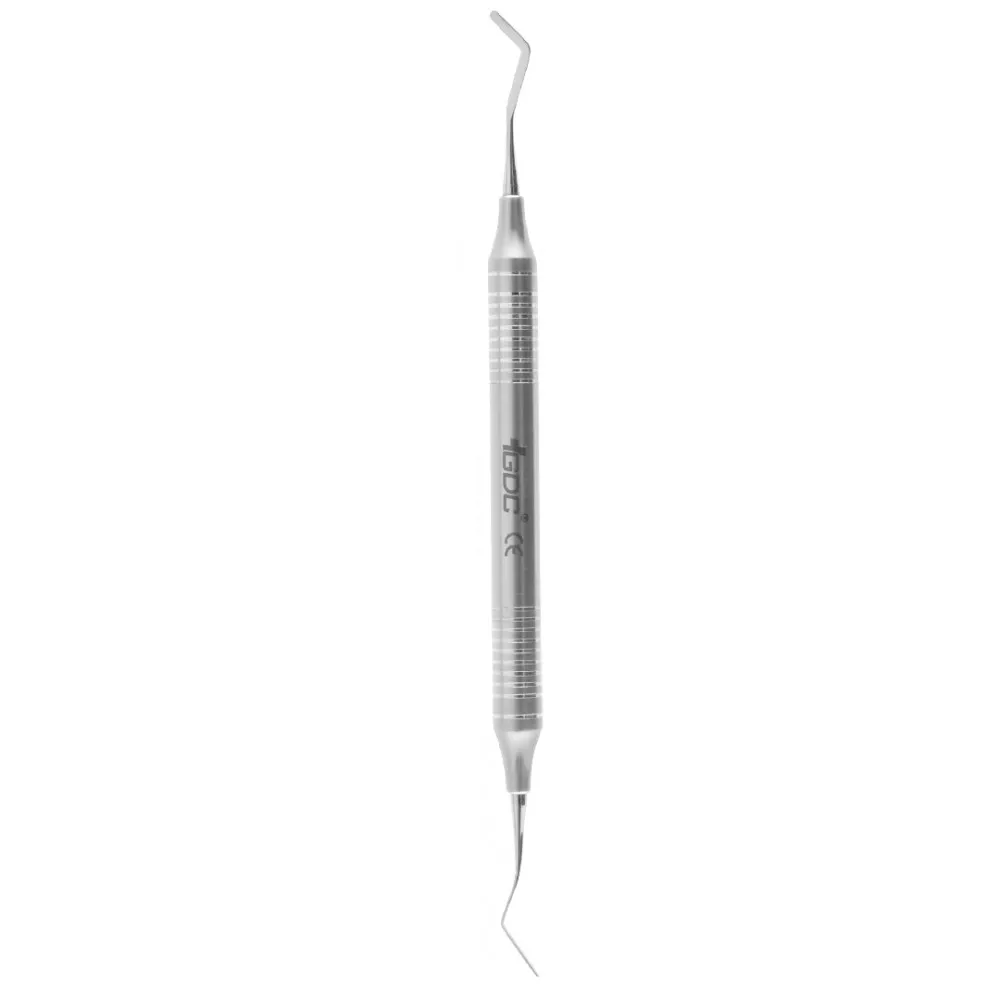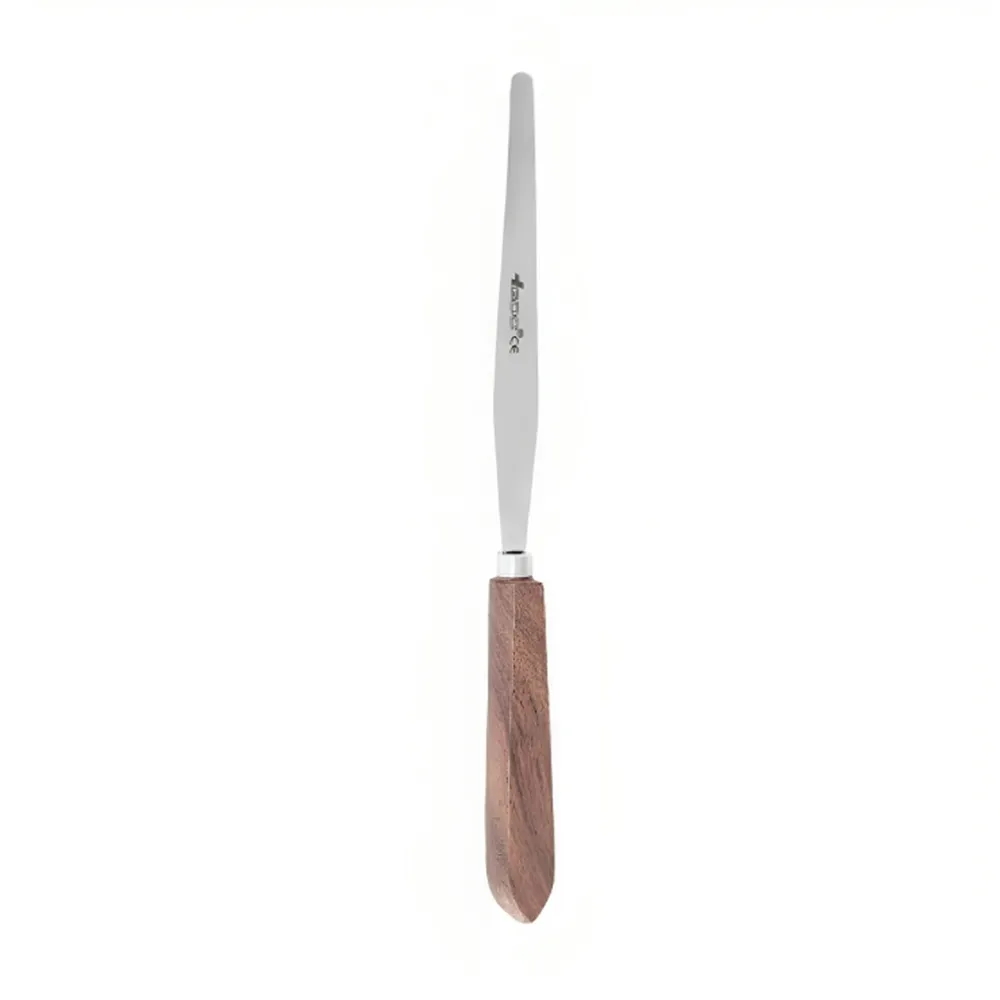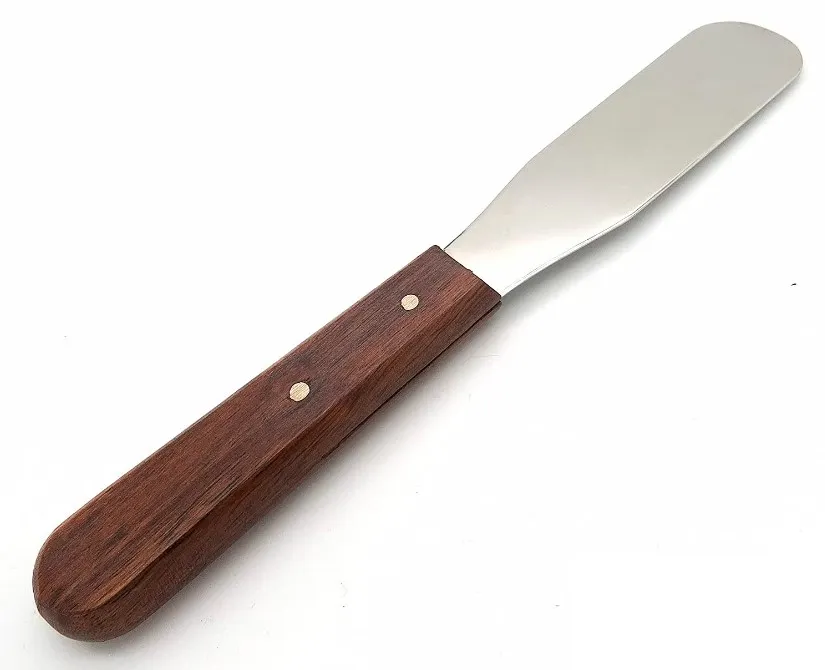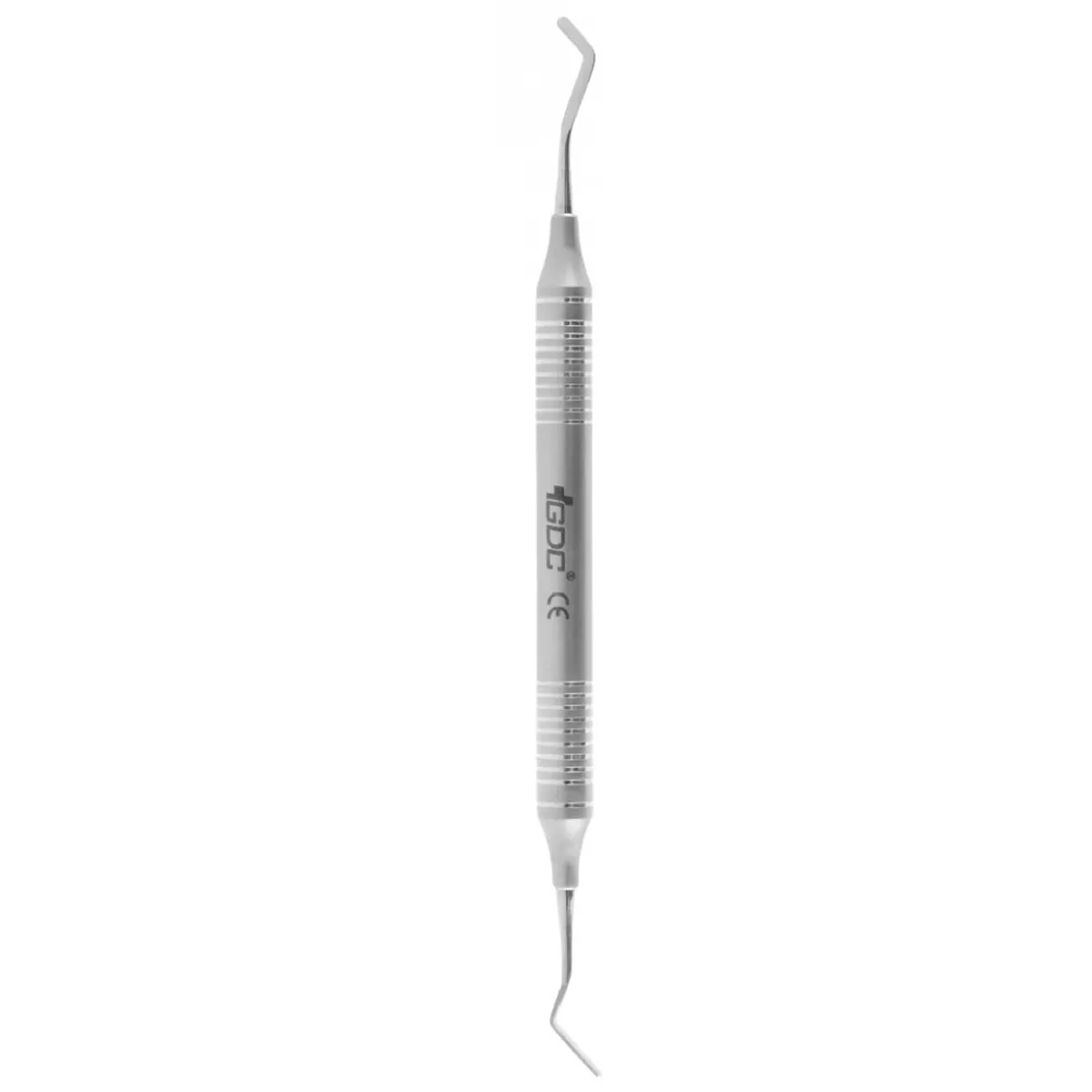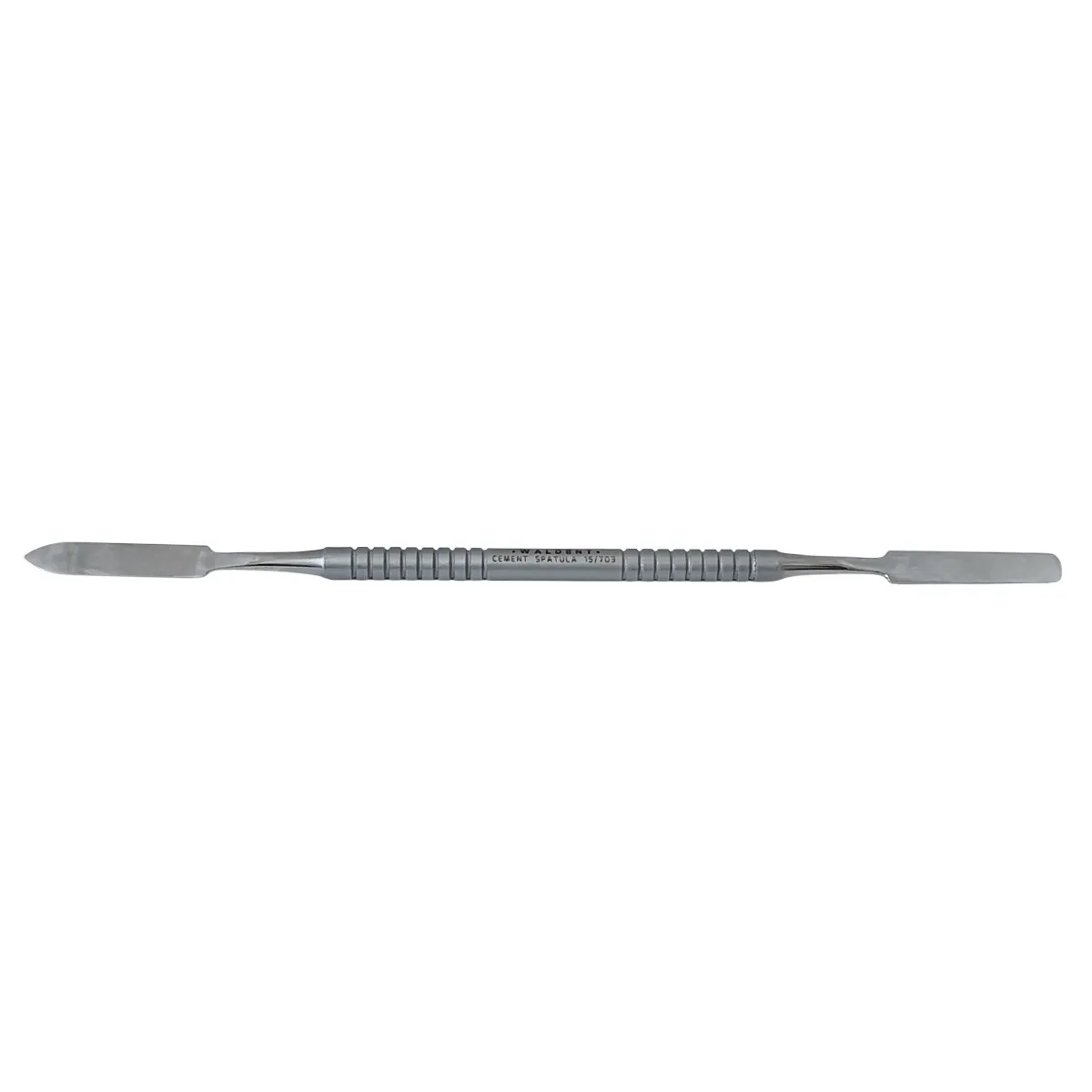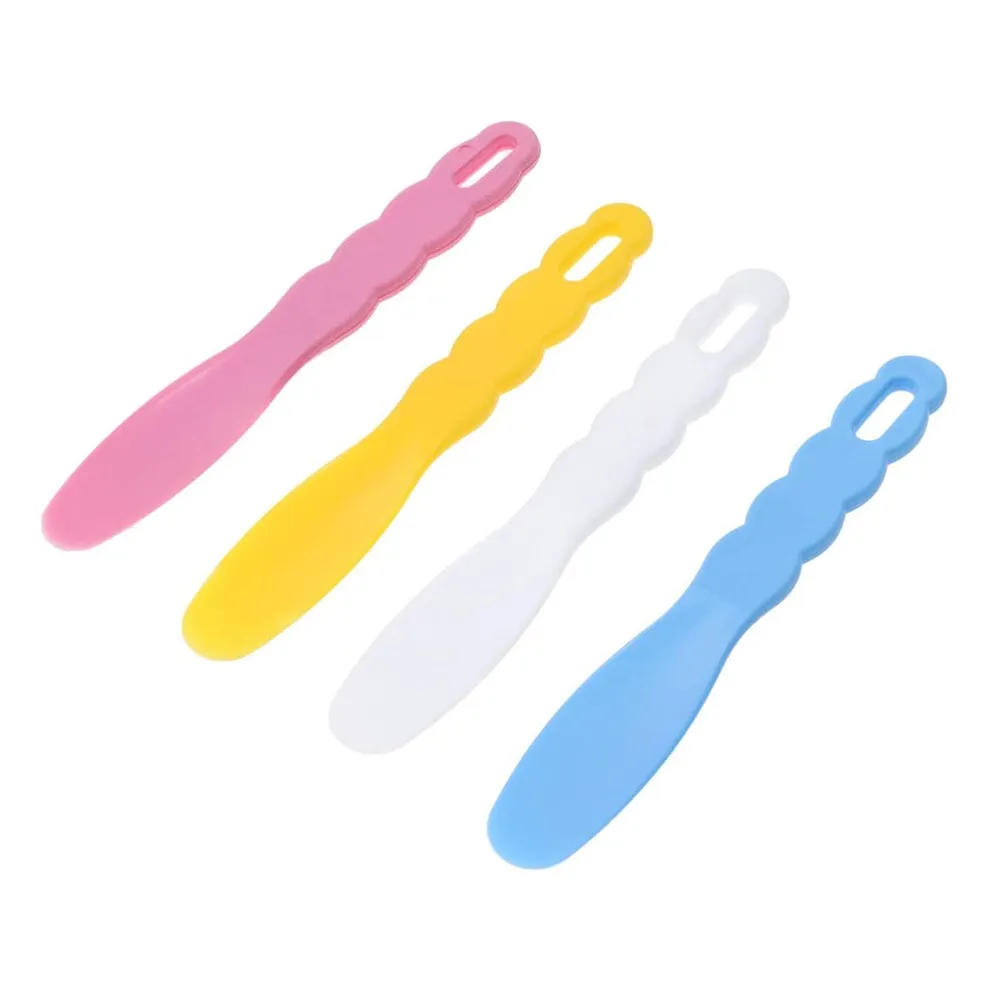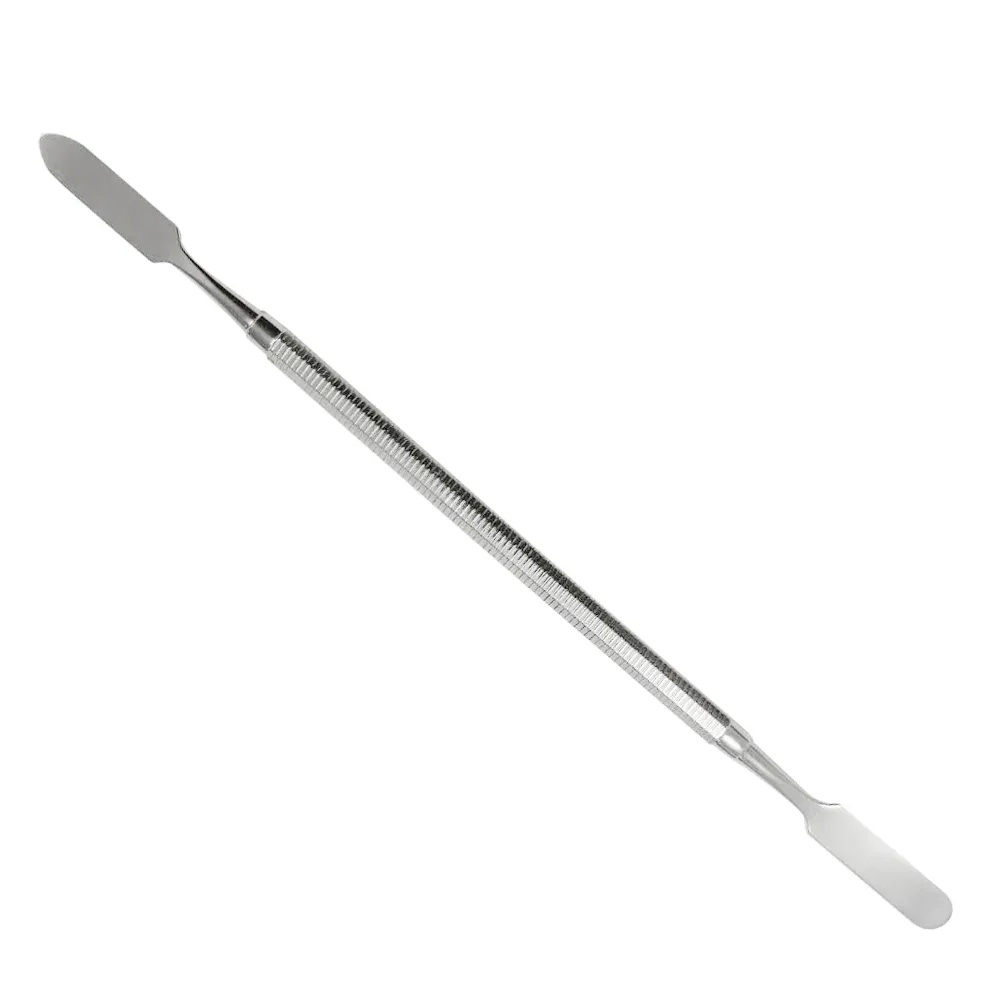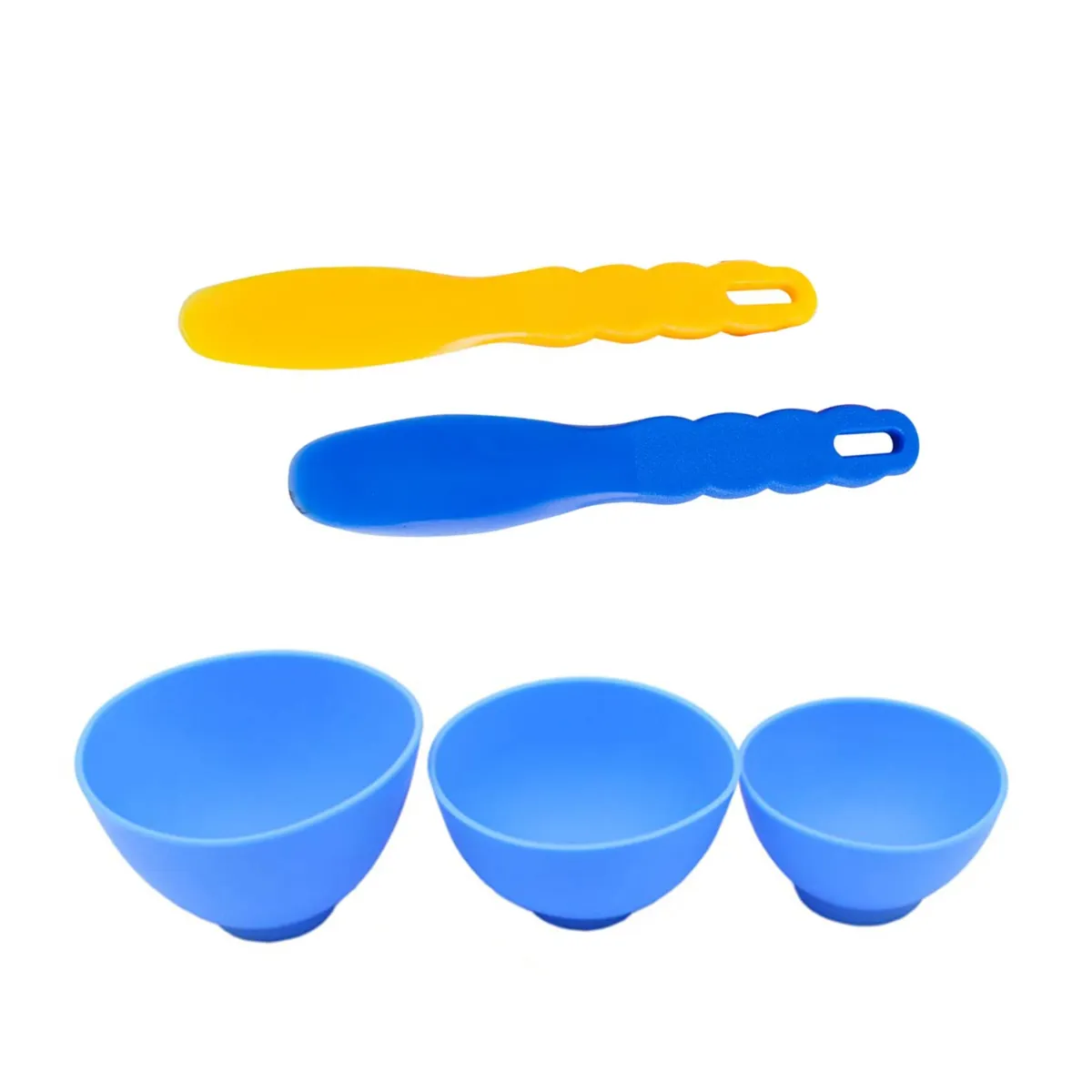The Spatulas category on Dentalkart brings together a comprehensive range of high-quality instruments used for mixing, manipulating, and handling a wide variety of dental materials such as cements, impression materials, alginates, and composites. From clinical applications to laboratory procedures, spatulas are an essential part of prosthodontic and restorative workflows.
This collection includes premium tools like the GDC Cement Mixing Spatulas, Waldent Alginate Spatulas, API Plaster Spatulas, Jiangsu Porcelain Spatulas, and Oracraft Double-Ended Spatulas, each available in multiple configurations to suit specific dental tasks.
Importance of Spatulas in Dentistry
Spatulas are indispensable in both clinical and laboratory settings due to their role in achieving homogenous, consistent mixtures of dental materials. They allow clinicians and technicians to:
-
Mix cements, bases, and liners accurately
-
Manipulate alginate and silicone impression materials
-
Blend composite shades or porcelain powders
-
Apply plaster or modeling wax in precise volumes
-
Maintain clean, efficient workflows without material contamination
The right spatula design ensures ease of use, reduced hand fatigue, and minimal material wastage.
Category Highlights
Dentalkart’s Spatulas category includes a wide variety of options based on shape, size, flexibility, and application purpose:
Cement & Impression Mixing Spatulas
-
GDC Cement Mixing Spatula (Single and Double-Ended) – Available in popular designs like #1, #3, #4, and #6. Stainless steel tips with ergonomic handles for smooth manipulation of luting agents and base cements.
-
API & Oracraft Mixing Spatulas – Designed with flexible tips and balanced handles for precision mixing of ZOE, GIC, and resin-modified materials.
-
Waldent Mixing Spatula No. 6, 17CM – Ideal for students and practitioners handling general cement mixing procedures.
Alginate & Plaster Spatulas
-
Waldent Alginate Spatula – Comes with a sturdy plastic or steel blade designed for kneading heavy-bodied alginate and impression compounds.
-
API & GDC Plaster Spatulas / Utility Knives – Ideal for trimming, scraping, or applying plaster and modeling wax during cast and mold fabrication.
Porcelain and Composite Spatulas
-
Jiangsu Ceramic Porcelain Mixing Spatula Set – A colorful kit tailored for shade matching and ceramic layering in aesthetic restorations.
-
Waldent Spatula for Porcelain & Composite – Non-stick tips for precise handling of delicate ceramic or resin materials.
Why Spatula Selection Matters
Using the right spatula enhances procedural consistency, patient comfort, and material efficiency. Benefits include:
-
Optimal mixing of dental materials without voids or air entrapment
-
Consistent application thickness and uniformity
-
Better control over setting time and manipulation characteristics
-
Reduced risk of instrument bending, breakage, or corrosion
-
Compatibility with a variety of material viscosities
Trusted Brands for Quality and Performance
Dentalkart offers spatulas from leading manufacturers known for material durability and ergonomic design:
-
GDC – A wide selection of spatulas for every prosthodontic use-case
-
Waldent – Popular for student-friendly and clinical-grade instruments
-
API – Reliable options with excellent steel quality and balance
-
Oracraft, Jiangsu, ET Dental – Trusted brands for porcelain and esthetic material applications
Usage & Maintenance Guidelines
-
Select the spatula size and flexibility based on the material being mixed
-
Avoid using metal spatulas with materials that react to metal (e.g., polyether)
-
Clean immediately after use to prevent material buildup
-
Sterilize stainless steel spatulas as per standard autoclaving protocols
-
Replace spatulas showing signs of rust, bending, or surface damage
Suitable for Clinical and Laboratory Use
These spatulas are ideal for:
-
Dental clinics handling routine restorative procedures
-
Prosthodontic labs for model work, wax-ups, and cast processing
-
Chairside application of alginate, GIC, or composites
-
Educational setups for hands-on material manipulation training
-
Aesthetic practices requiring precise layering of ceramics or composites
FAQs – Dental Spatulas
1. What is the difference between a cement spatula and a plaster spatula?
Cement spatulas are typically smaller and more flexible for fine mixing, while plaster spatulas are larger with stiffer blades for bulk handling and model work.
2. Can I use a metal spatula for all materials?
No. Avoid using metal spatulas with materials like polyether or light-body silicone that may be affected by metallic contamination. Use plastic spatulas where indicated.
3. Are all spatulas autoclavable?
Most stainless steel spatulas are autoclavable. Plastic-handled or fully plastic spatulas may have specific sterilization guidelines.
4. Which spatula is best for alginate mixing?
A large-blade plastic or rigid stainless steel alginate spatula offers better leverage for thorough mixing.








